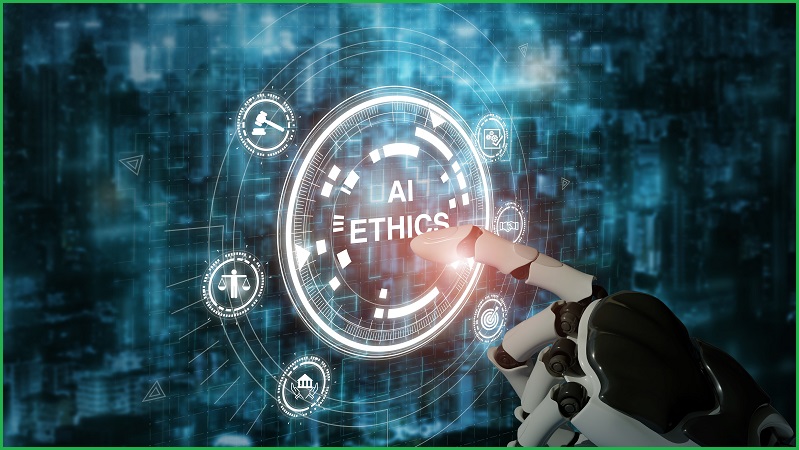National science agency the CSIRO is trying to take the lead on developing ethical AI through the creation of a Responsible AI Network to “support Australian companies using and creating AI ethically and safely”.
The network includes organisations like Standards Australia, the Ethics Centre, and the University of Sydney’s AI-focused Gradient Institute, and Data61 and will be run out of the National AI Centre.
Director of the National AI Centre, Stela Solar, said responsible AI development gives local business a better chance at seizing a share of the estimated $22 trillion opportunity AI is forecast to bring to the global economy by 2030.
“No country in the world has yet worked out responsible AI, but Australia is taking a big step forward by collaborating across the ecosystem to share best practice and respond to an evolving regulatory landscape,” Solar said.
“We have a sliding doors moment here to build a competitive advantage in responsible AI, and to take it to the world by equipping Australian businesses with the toolkit to build and deploy safe and ethical AI solutions.”
The network’s focus will be on deploying Australia’s eight AI Ethics Principles which were piloted in 2019.
Those principles are aimed at ensuring AI is developed and put to use in a way that benefits society; respects our human rights and autonomy; are fair and not discriminatory; protect our privacy; are transparent; and remain accountable to human beings.
At the moment, the national AI Ethics Principles are entirely voluntary, unlike the NSW principles which must be applied to all state agency projects that “contain an AI component” as part of its AI Assurance Framework.
Solar said there is a clear need within Australia to provide businesses and organisations with practical advice on the law, standards, and governance to “ensure explainability, fairness and accountability are built into Australian AI systems”.
“We know from speaking to hundreds of organisations that data quality, privacy and security are among the top challenges that organisations face in adopting AI, and many have difficulty navigating international standards and procedures when producing or implementing AI systems,” Solar said.
“Australian businesses have told us that understanding ethics and governance in implementing AI is lacking across organisations globally.”
Earlier this week, the National AI Centre launched its Australia’s AI Ecosystem Momentum report, outlining how local AI use is rapidly maturing with the technology no longer being relegated to the margins.
“AI is one of those enabling capabilities that’s poised to transform industries, and we know the economic potential is there,” Industry Minister Ed Husic said.
“But seizing that business potential will take some work – building awareness and working across businesses, large and small – to make that a reality.
“Australia’s got some top AI talent here and we need to scale up this effort for the longer benefit of the nation.”
Last month, CSIRO and its US counterpart, the National Science Foundation, funded three AI responsibility projects for a total of $5 million.
The projects look at topics like sequential decision-making and bias in AI models.










